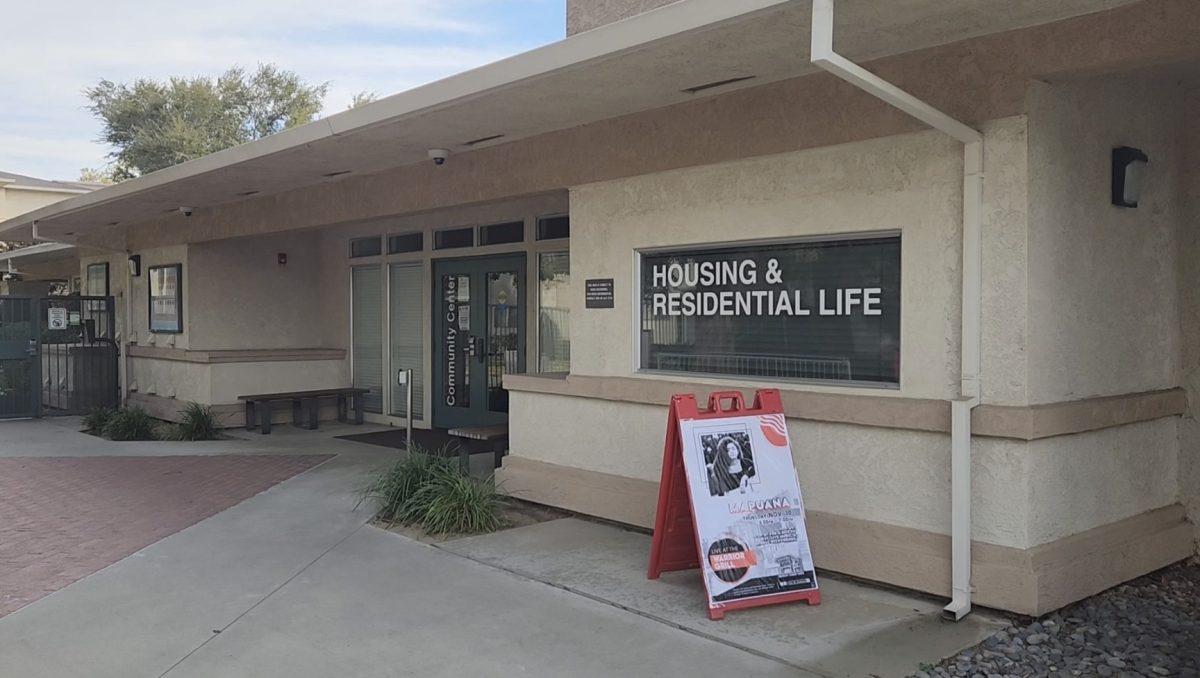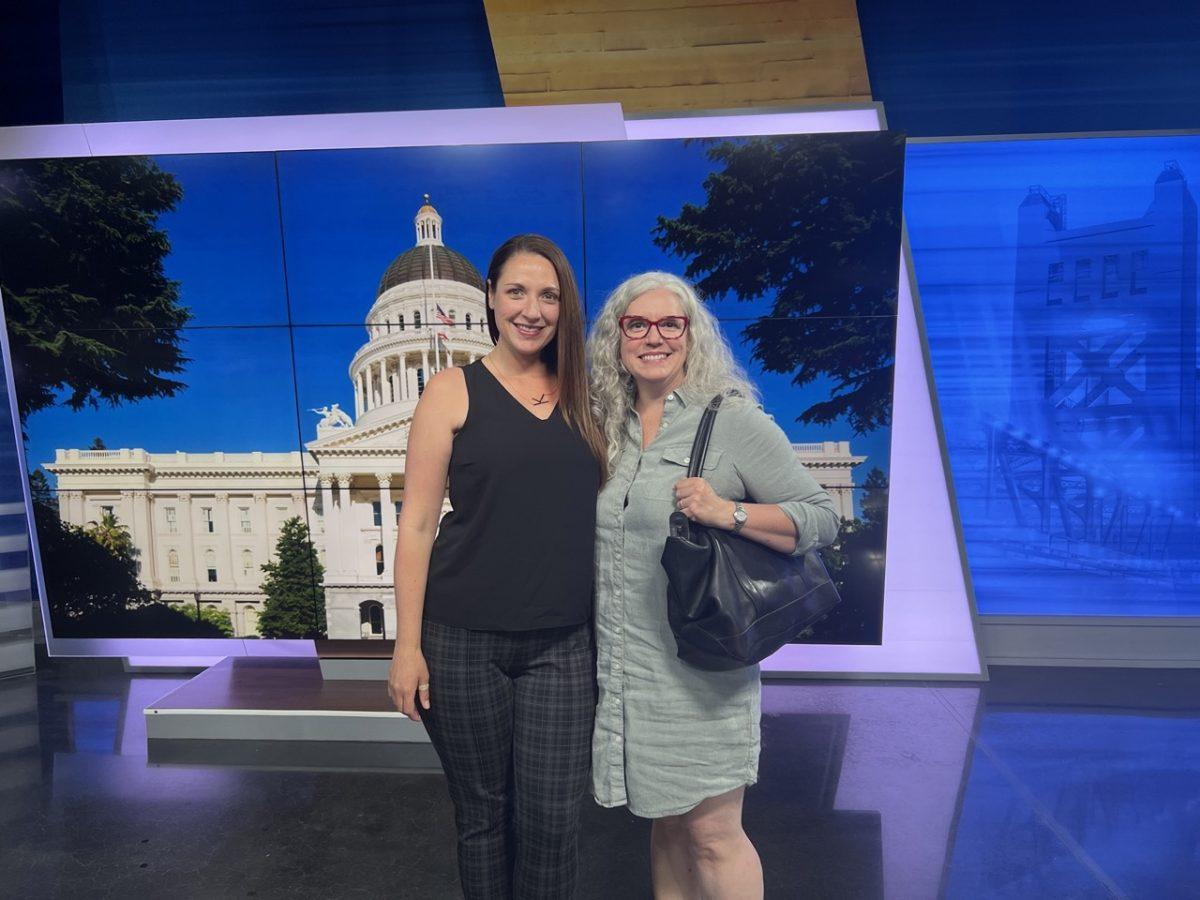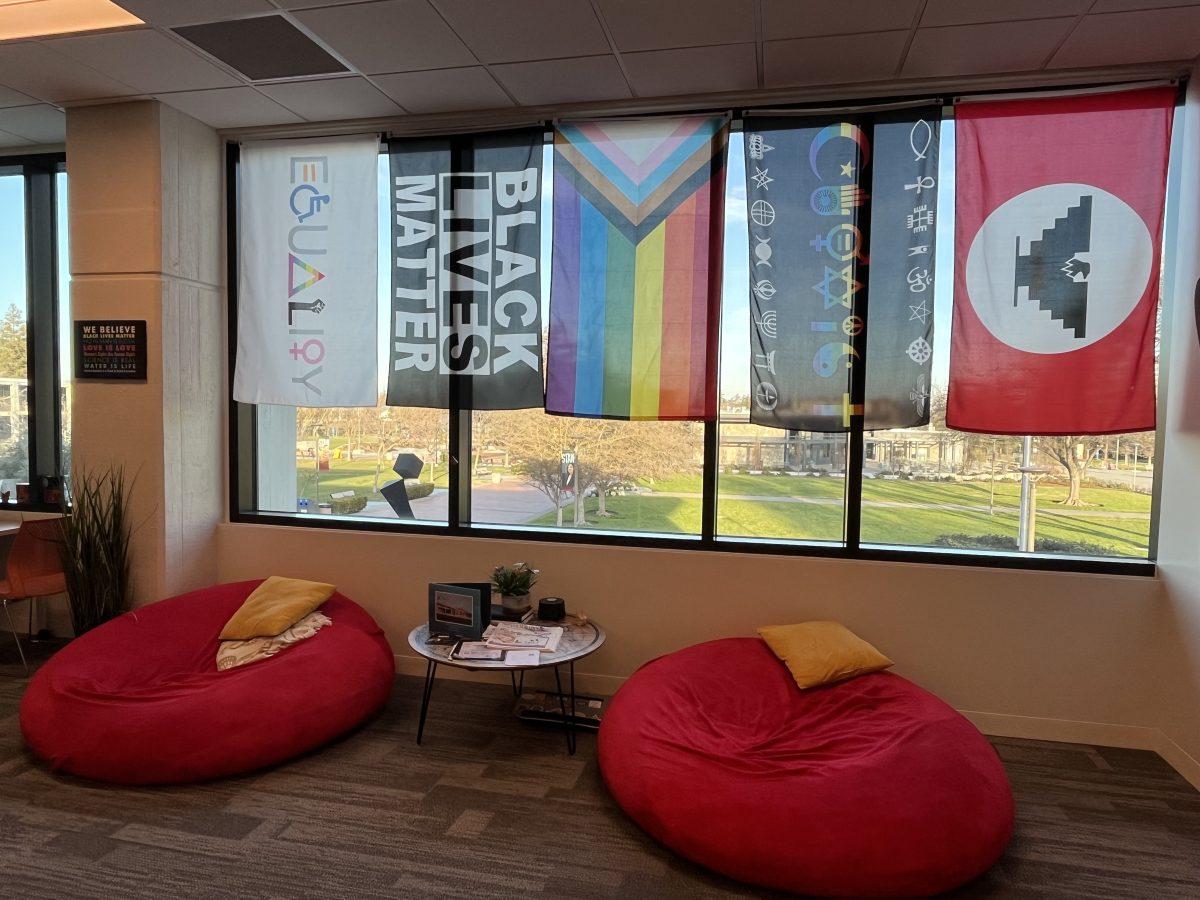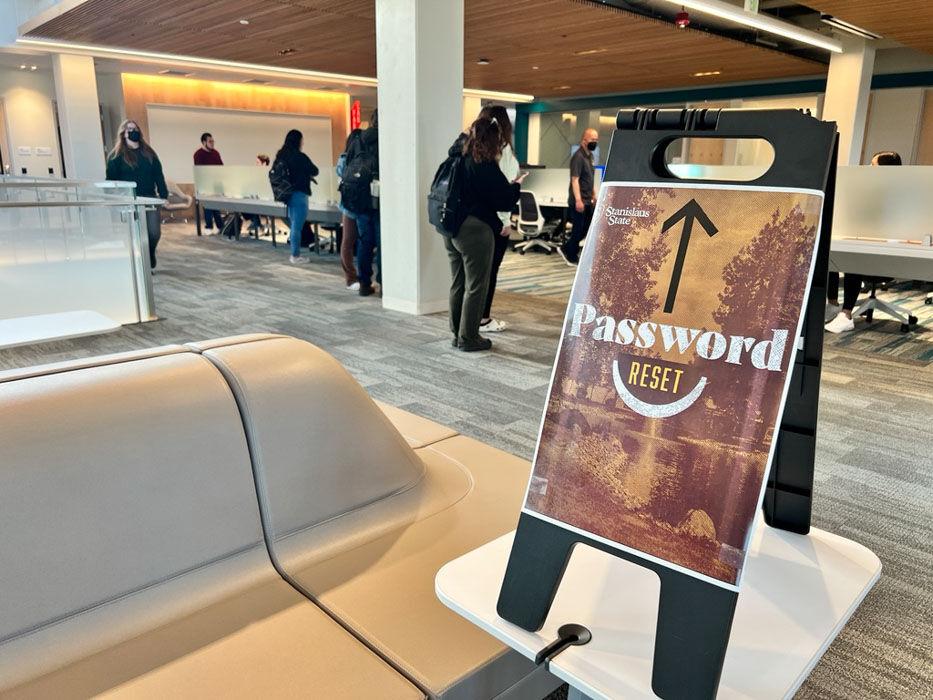This editorial is a representation of the opinions of The Signal staff.
As cliché as this may sound, college is a time for us to shape and reshape our opinions in order to develop our personal identity in society.
We rarely talk about what exactly makes college a good outlet to do this.
It is through the breadth of coursework higher education provides in which students explore a wide variety of ideas, concepts, opinions, etc.
The point of this is that a student cannot shape an informed personal opinion if they are not well-educated. This is where the issue of poorly executed equal opportunity education begins.
In an effort to educate students on Title IX, sororities, fraternities, athletes and club officers were all required to attend the presentation titled, “Accountability and Social Responsibility,” which was given by Derek L. Marchman, Worthy Grand Procurator and a brother of a different chapter of the Kappa Sigma Fraternity.
The speaker was uninformed. Marchman’s use of language was inaccurate, not just un-inclusive.
It does only take one voice of concern, one person offended, for something to be deemed unacceptable.
This workshop was unacceptable. As far as Marchman as a speaker on the topic of Title IX and sexual violence is concerned, he should be placed far below the standards of our university. His presentation, seen by some as a refreshing male voice on the topic, would only be deemed as a nice “first step in the right direction” if our conversations about rape culture and Title IX began at 3:30 p.m. on Sept. 22, and even that is a stretch. If anything, the language he used was stagnating.
If we are going to make the effort to educate our campus community, and more specifically our student leaders, on issues like those presented within Title IX workshops and discussions about rape culture, then we need to do this full-heartedly.
One presidential address at the beginning of the year and a series of workshops, which in the case of Marchman’s seem to be sub-par, will not create an environment that is actively working towards making effective, positive change. The university’s perspective of “students teaching students” is both optimistic and unrealistic, at least for the stage we are currently in. Students cannot educate each other, or choose the proper person to educate each other, if they have not themselves been properly trained and supported.
The administration of this university needs to revisit the educational Title IX workshops that are available to students. They have done an excellent job implementing Warrior Watch this year, but it cannot stop with that. One good workshop series does not replace a second, mandatory workshop that might serve as the only place for student leaders to hear this discussion.
Where do we go from here? It is obvious that a single, one-hour workshop once every academic year is not sufficient. When learning anything, repetition and practice is key. A smart addition to our lower-division general education curriculum would be to require students to take a gender studies course that specifically addresses topics such as sexual violence, rape culture and all things related to Title IX.
This would lay the foundation for students to find their own voice on the subject without throwing them into the deep end without a life ring.
The university understandably wants to do their part in providing some type of discussion to inform students as soon as possible.
Beyond that, however, it is more important to our culture as a campus community for the information to be understood, processed, shaped and formed into each of our personal identities. That is when we will see a positive change.






